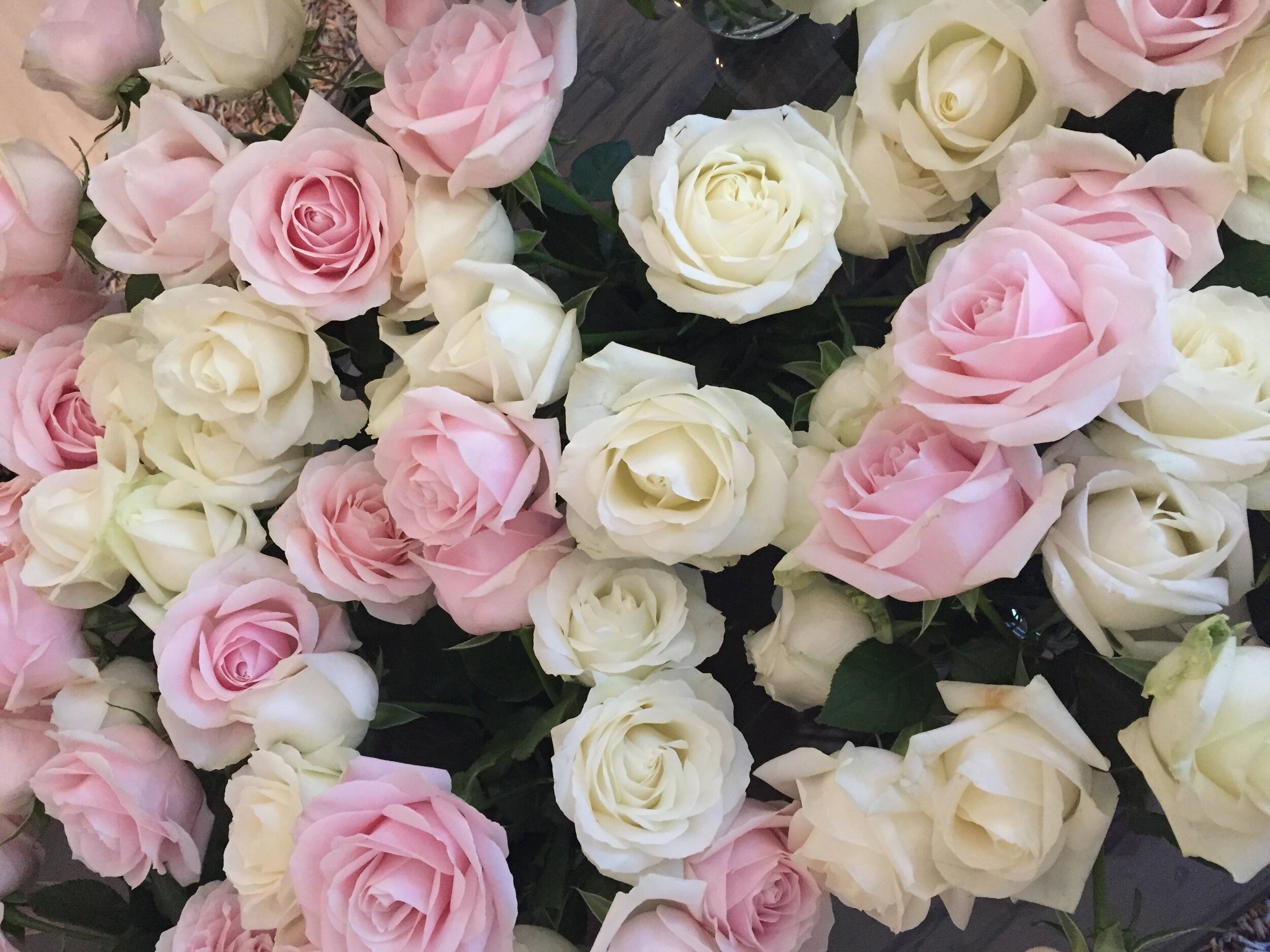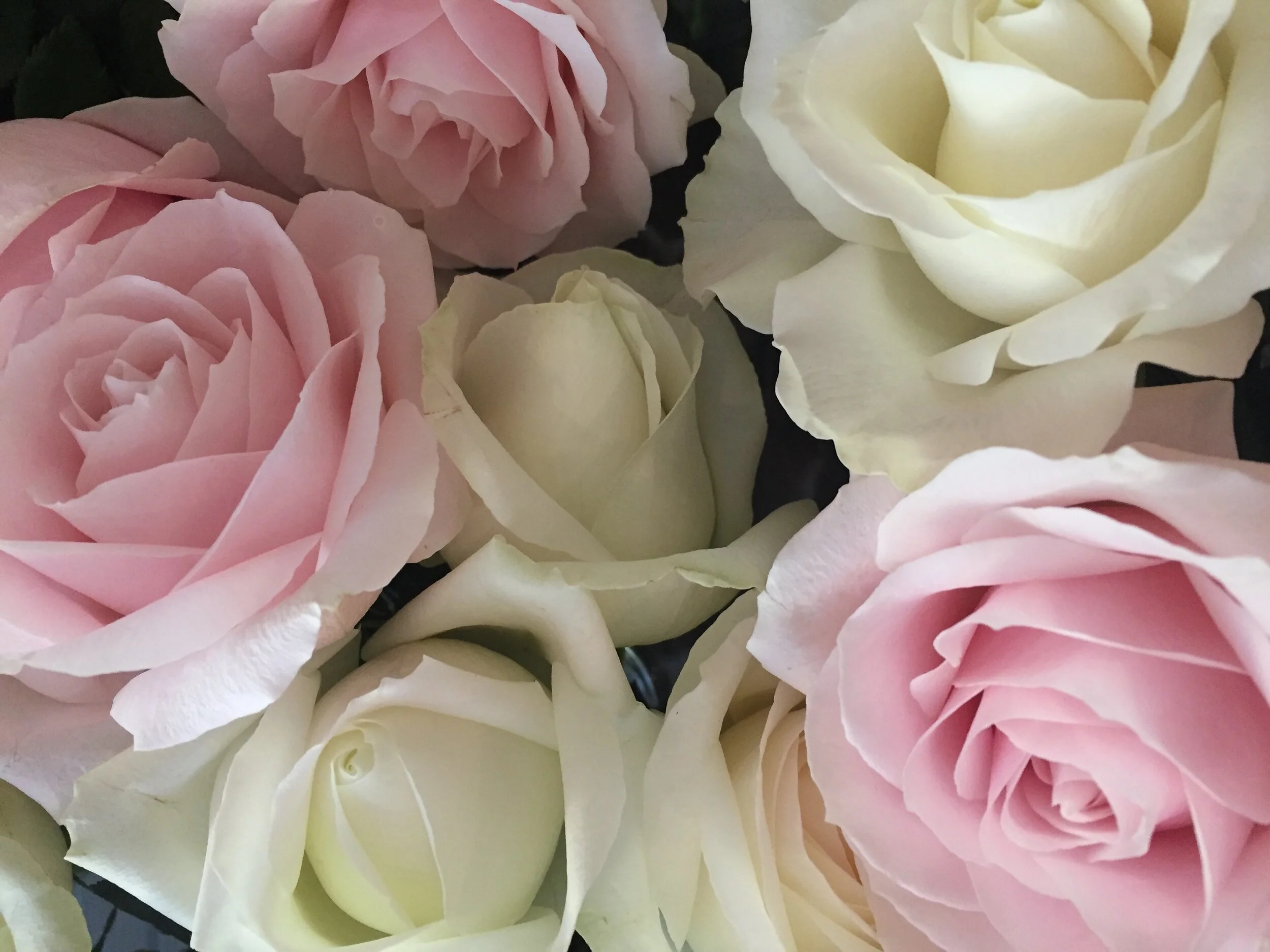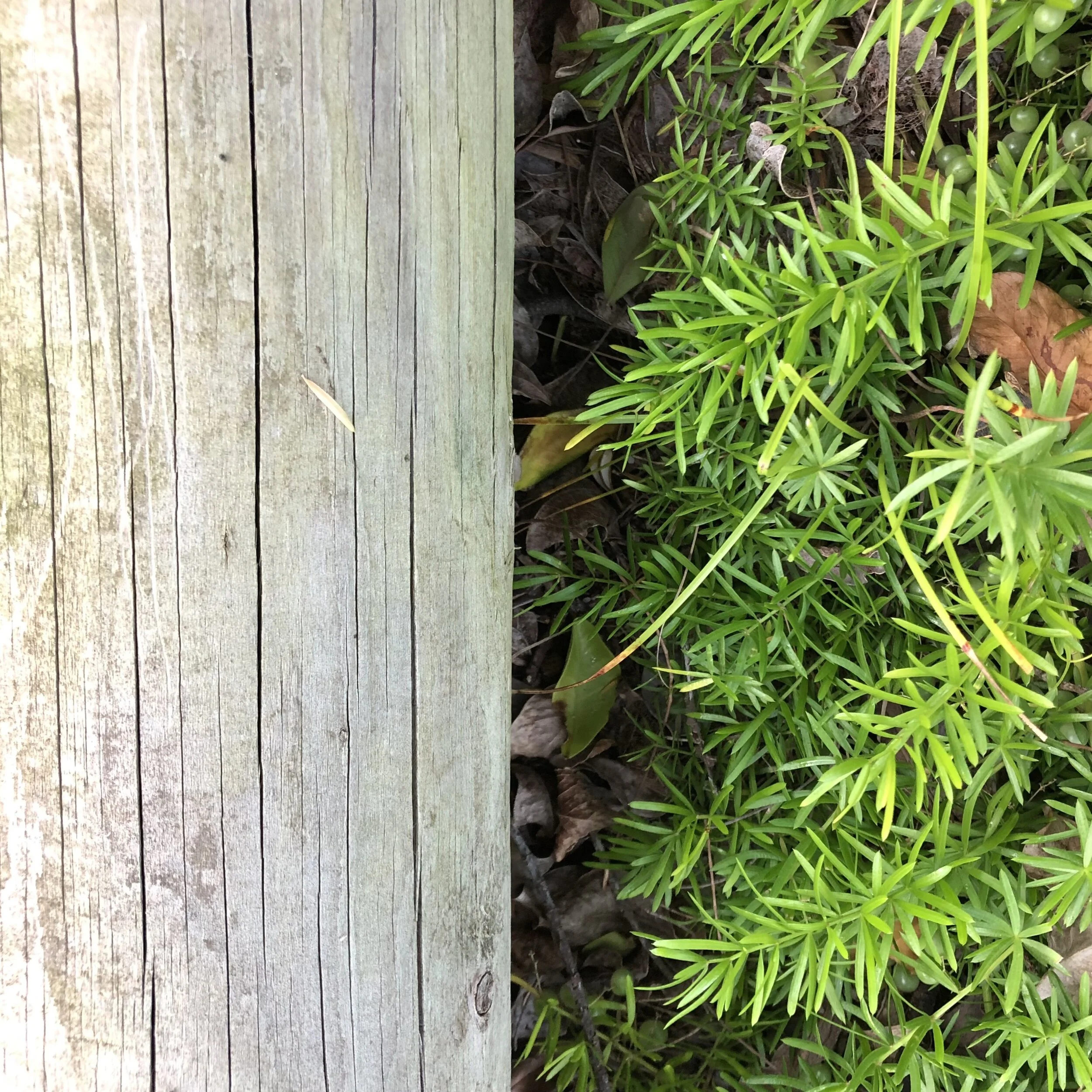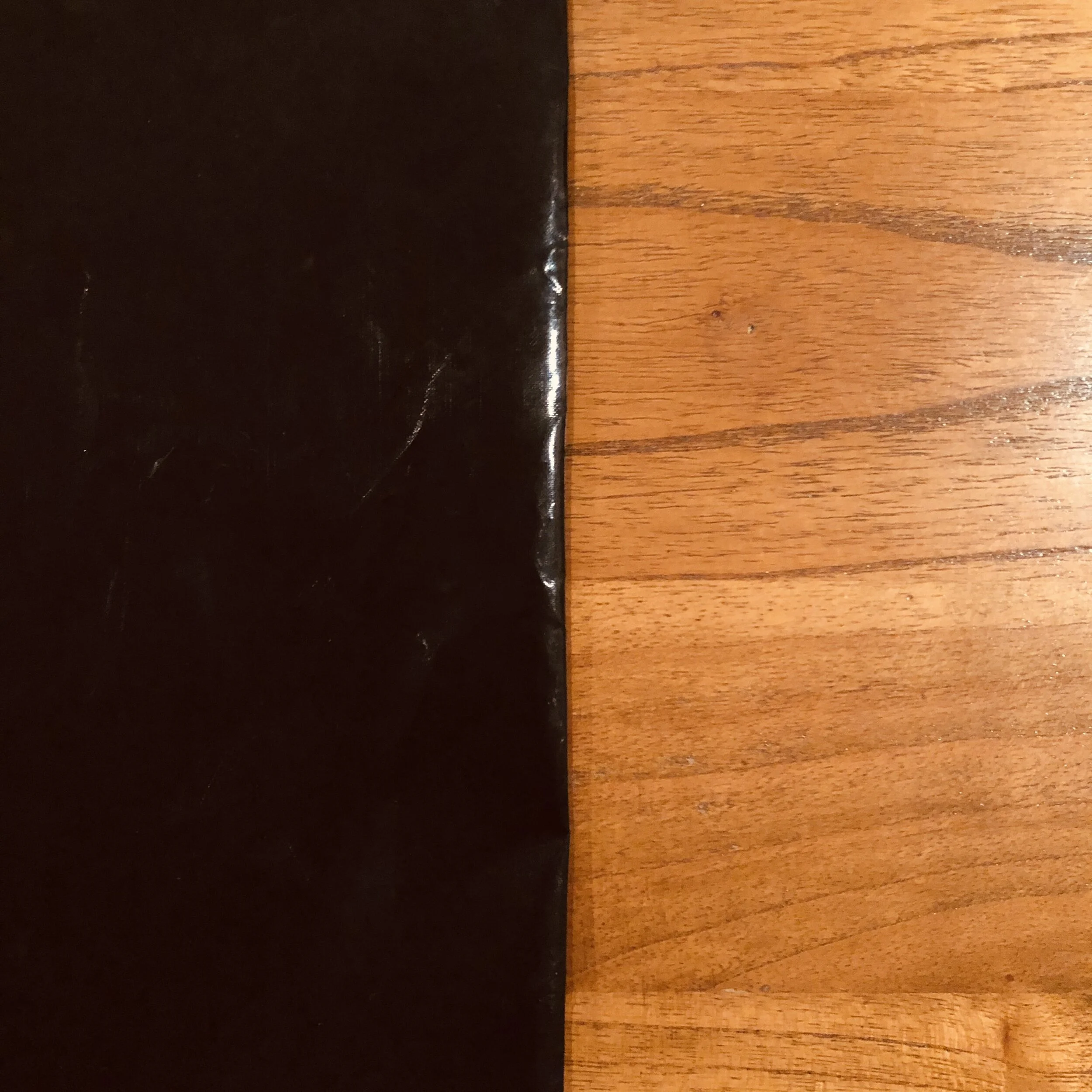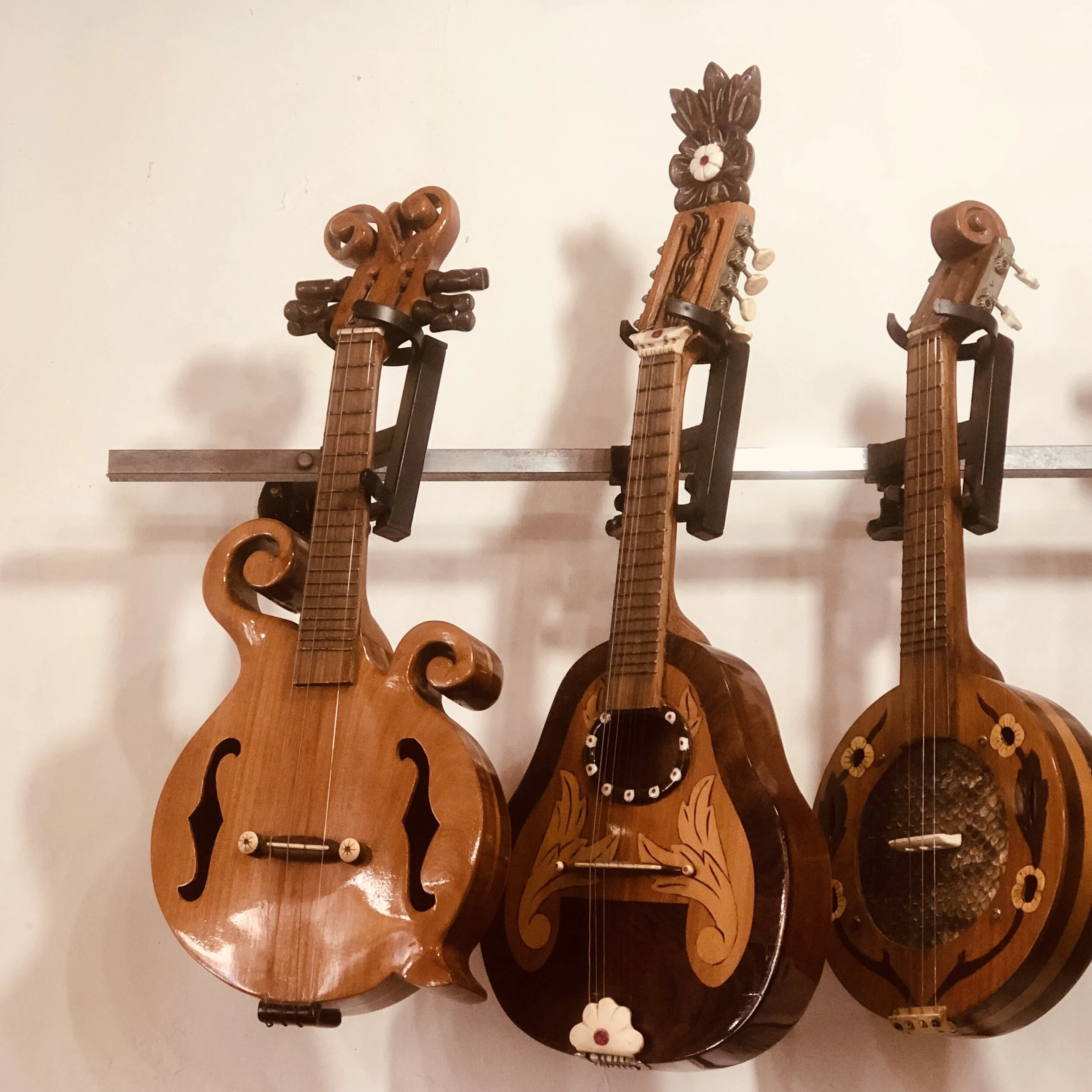OK. So you’re into self-love. You want to practice self-compassion. You want to care for be kind to and understand and accept yourself as you would for others. And you want to do this without getting into too much selfishness or narcissism. How do you do it? Here are Five Great Ways.
Read Moreif we don’t understand what real self-love is, we fall into selfish narcissism: putting ourselves first and becoming a taker. Others don’t like to put up with our selfishness, so they leave us alone and we end up unloved; out of the love-pool.
Read MoreWhy is loving myself such a problem? More and more, we are encouraged to love ourselves. That sounds fine, but we live in a world that has a limited understanding of what love really is, so self-love too is misunderstood. So many people now believe that “love hurts” so we have to understand self-love to help ourselves, not hurt ourselves, in case we get disillusioned with our own love. There are three main problems with the idea of self-love. These, if they get in the way, make true self-love harder to achieve.
Read MoreStop the world I want to get off! I don’t want all this conflict! I don’t want all these value clashes! How do I handle it?
Read MoreJust because we work together doesn’t mean we have to like each other. It sure would be nice though; a clash of values gets in the way.
Read MoreNow that we’re together, how do we handle your parents’ values, my parents’ values, and what we want to value?
Read MoreLook, I love you sis, you’re my big sister, but I want to live my life my way. Can’t we still get on?
Read MoreI thought you were my friend until ... we got to know each other better and our values clashed. But I don’t want to lose our friendship. Help.
Read MoreI’m an adult and free of my parents’ values, right? But I still want to get on with them. Help.
Read MoreSure I love you, but why is living together so difficult? Why do our values clash? I want to handle it to move past this! (Me too.)
Read MoreWe hate conflict, yet our values clash. What’s the best way to negotiate it? In this, the first in a series of eight posts exploring value clashes, we begin to understand values and to work through the clashes with our fellow humans.
Read MoreScience shows that if you can delay gratification, you will do much better in life. Not-OK addictions go for instant gratification, OK addictions encourage delayed gratification by requiring the effort first, then the pleasure payoff.
Read MoreA-B-C. Connect pleasure and purpose in the way nature intended: live long, strong and content. An OK addiction helps you connect pleasure and purpose by requiring effort before a pleasure pay-off. But the payoff is long-term and extends to all your life. Not-OK addictions have no worthwhile purpose.
Read MoreBuilding Boundaries means that others can’t walk over you or lead you into areas you don’t want to go. It builds your character. An OK addiction helps you build good boundaries by having you say “no” to time-wasting and life-wasting and “yes” to some effort, skills and usefulness.
Read MoreWhat’s an OK addiction? Something you love doing, almost addictively, that brings long-term contentment and builds character without emotional pain: playing a musical instrument, a special sport, a habitual hobby, an addictive art or an intense interest. In this four-part series we go from A to D of the features of OK addiction life stills.
Read MoreDuring this Covid time, it’s great to have real friends. But many of us are finding that we don’t have as many friends as we would have liked; we’ve put time into other pursuits or life had become so busy that we’ve been living “past” our friends. Some people think they have 900+ friends (and counting). Others think they have only eight or ten. But how can you tell who is a real friend and who isn’t?
Read MoreDo you have someone close who is controlling? Are you controlling? If so, here are some practical ways of moving from being a controller to being an encourager.
Read MoreAs a bonus to The Seven Love Types, I want to present to you some legendary lovers: Romeo & Juliet, Tristan & Isolde, Noah & Allie and Abelard & Helöise.
Read More